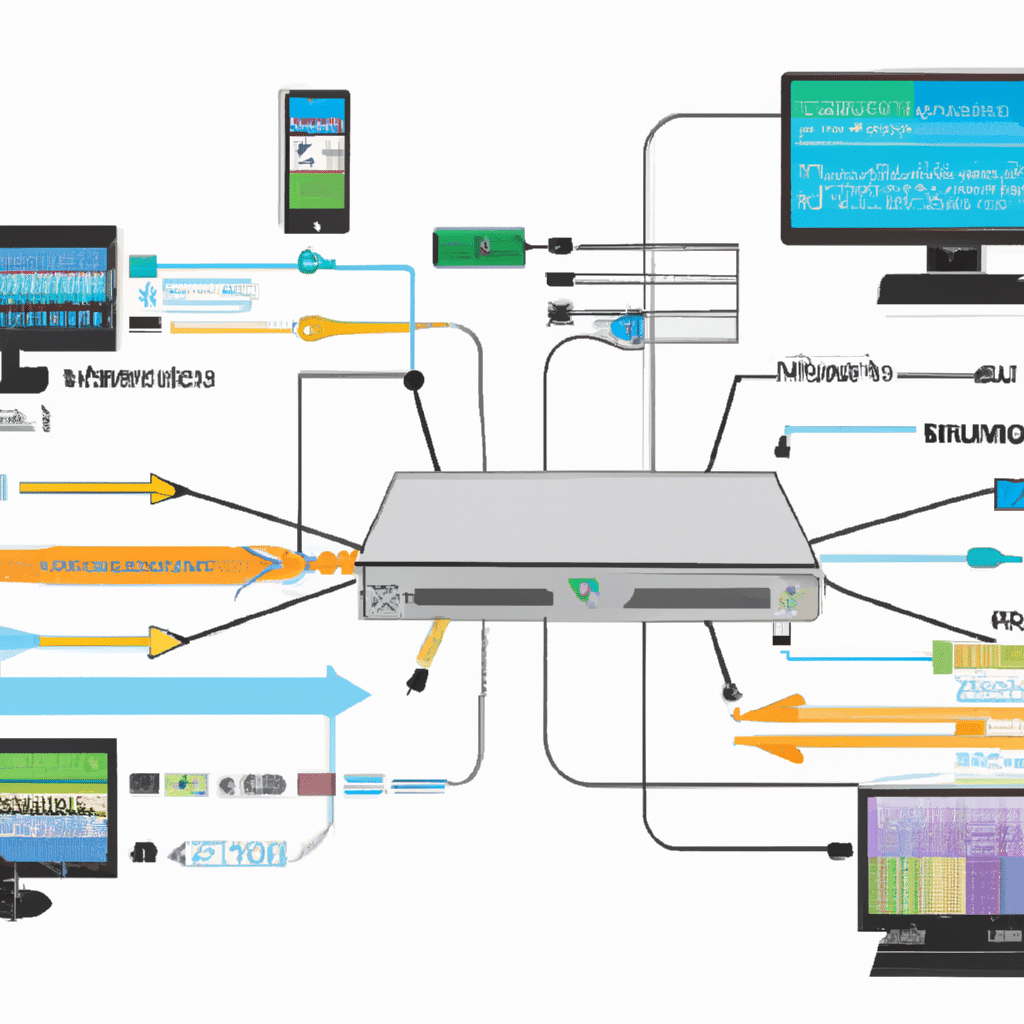In this day and age, edge computing has become a buzzword in the world of technology. As more and more devices are being connected to the internet, there is a growing need for computing power that can process data closer to the source. Edge computing allows for real-time data processing and analysis, reducing latency, and improving overall performance. To achieve this, the right operating system is crucial. In this article, we will explore the best operating systems for edge computing that can help you take your business to new heights.

What is Edge Computing?
Edge computing is a distributed computing paradigm that brings computation and data storage closer to the location where it is needed to improve response time and save bandwidth. In traditional cloud computing, data is sent to a central location for processing, analysis, and storage. However, with edge computing, data is processed and analyzed at the edge of the network, closer to the source, which results in faster response times and reduced bandwidth usage.
Why is choosing the right OS important for Edge Computing?
Choosing the right operating system is crucial for edge computing because it determines how well your devices can handle the workload. An operating system that is specifically designed for edge computing can improve performance and reduce latency. Additionally, it can also help you manage your devices more efficiently and provide better security for your data.
Top Operating Systems for Edge Computing
1. Ubuntu Core
Ubuntu Core is a minimalistic version of Ubuntu that is specifically designed for IoT devices and edge computing. It is a lightweight operating system that is easy to deploy and manage, making it an excellent choice for edge computing. Ubuntu Core comes with a range of features such as automatic security updates, transactional updates, and self-healing capabilities, which ensures that your devices are always up-to-date and secure.
2. Windows 10 IoT Core
Windows 10 IoT Core is a version of Windows 10 that is specifically designed for IoT devices and edge computing. It is a lightweight and flexible operating system that provides support for a wide range of hardware platforms, making it easy to deploy and manage. Windows 10 IoT Core comes with a range of features such as remote management, device-to-cloud connectivity, and support for machine learning, which makes it an excellent choice for edge computing.
3. CoreOS
CoreOS is a lightweight operating system that is specifically designed for containerized applications and edge computing. It is a secure and stable operating system that is easy to deploy and manage, making it an excellent choice for edge computing. CoreOS comes with a range of features such as automatic updates, rolling updates, and support for Docker containers, which ensures that your devices are always up-to-date and secure.
4. RancherOS
RancherOS is a minimalist operating system that is specifically designed for containerized applications and edge computing. It is a lightweight and easy to deploy operating system that comes with a range of features such as automatic updates, support for Docker containers, and a small footprint, which makes it an excellent choice for edge computing.
5. CentOS Atomic Host
CentOS Atomic Host is a lightweight and minimalistic operating system that is specifically designed for containerized applications and edge computing. It is a stable and secure operating system that is easy to deploy and manage, making it an excellent choice for edge computing. CentOS Atomic Host comes with a range of features such as automatic updates, support for Docker containers, and a small footprint, which ensures that your devices are always up-to-date and secure.
Conclusion
Choosing the right operating system is crucial for edge computing. The right operating system can improve performance, reduce latency, and provide better security for your data. In this article, we have explored the top operating systems for edge computing, including Ubuntu Core, Windows 10 IoT Core, CoreOS, RancherOS, and CentOS Atomic Host. These operating systems are lightweight, easy to deploy and manage, and come with a range of features that make them an excellent choice for edge computing. By choosing the right operating system, you can take your business to new heights and stay ahead of the competition.












